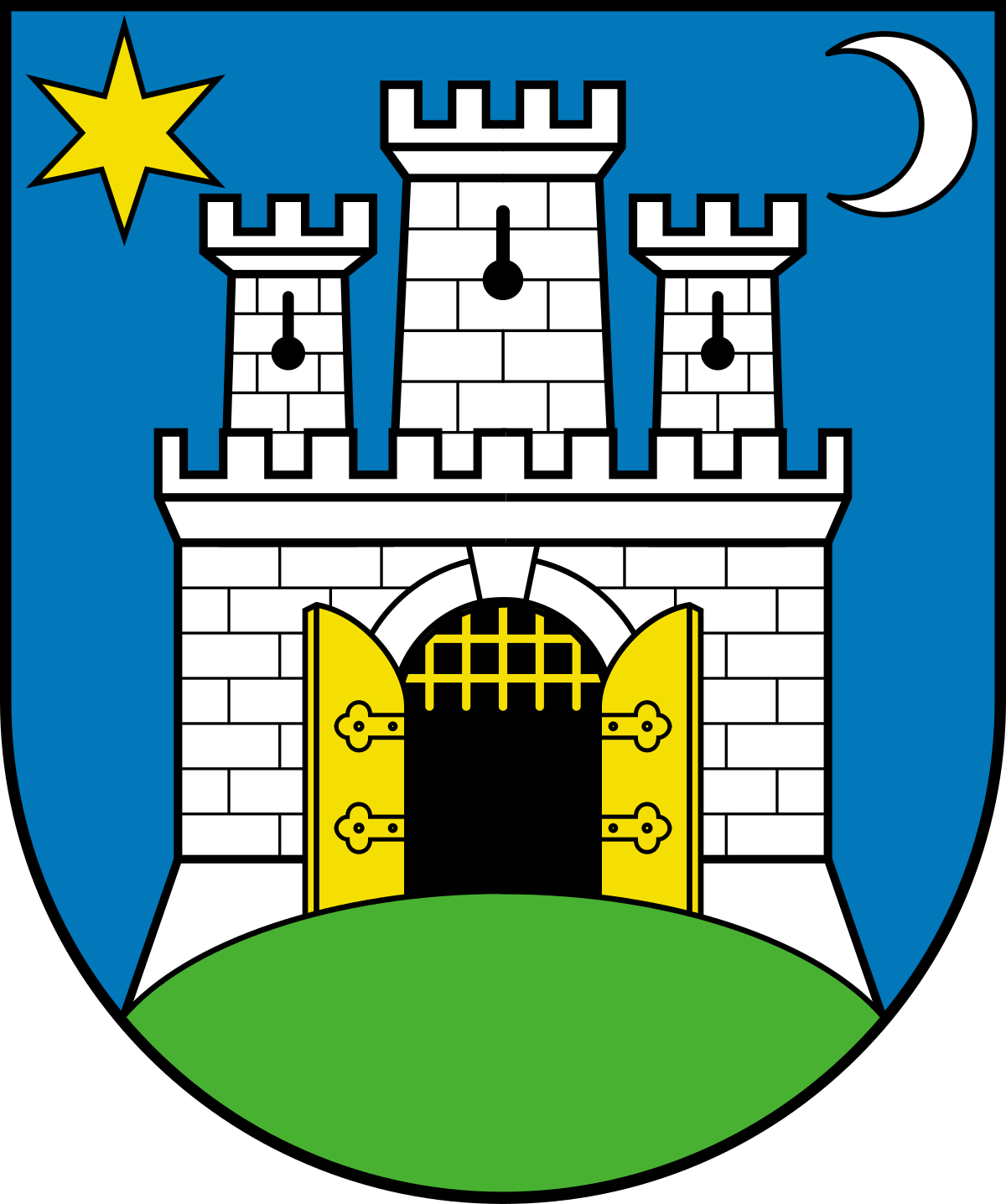Zagreb is developing a modular approach to urban farming, combining indoor systems and outdoor techniques to create a replicable model for schools and institutions, fostering sustainable food production and climate education.
In the framework of UP2030, Zagreb is redefining urban agriculture by establishing a fully circular food system within educational environments: School Farming → Food Production → Food Consumption → Food Waste → Composting → Back to School Farming.
The project focuses on:
- Shaping healthy diet choices among students, encouraging a shift towards plant-based and low-carbon foods.
- Providing climate educational opportunities, aiming to engage at least 50% of students in understanding the carbon footprint of food systems.
- Increasing food resilience, by promoting local production and hands-on engagement with sustainable growing practices.
The School Farming process will be tested using various small urban farming units, both indoor and outdoor. Alongside practical demonstrations, Zagreb will engage the public sector, education professionals, private sector partners, and the wider community in workshops and “learning by doing” sessions. Children will play a central role as ambassadors of best practices in sustainable living.
This pilot aims to create a practical methodology showcasing:
- How urban indoor and outdoor farming can be simple and accessible.
- How healthy food choices can be made available to all.
- How we can reduce CO2 emissions by shortening the distance from production to consumption.
- How greening school environments contributes to cooling urban areas and adapting to climate change.
Ultimately, the goal is not only to raise awareness but also to inspire replication of urban farming models across the city and beyond.
Development of methodology for implementation of urban farming in schools:
- Model of green curriculum to support integration into teaching programs, helping students build awareness and knowledge about sustainable food systems and the role of urban agriculture in shaping healthier and more resilient communities.
- Model of indoor green wall systems for common areas, creating natural learning environments that enhance air quality, support wellbeing, and visually connect students to sustainable practices on a daily basis.
- Model of indoor green laboratories for hands-on student learning, providing practical opportunities to explore sustainable growing techniques and inspiring future generations to engage with green innovations and urban farming solutions.
- Model of outdoor urban forests and green spaces in schoolyards to support biodiversity and cooling, transforming school environments into living classrooms that demonstrate climate resilience and the importance of nurturing local ecosystems.
Development of methodology for implementation of urban farming in institutions / facilities beyond schools:
- Model of architectural typology for urban farm pavilions, adaptable to different urban spaces.
- Capacity Building: Training school staff to work with green technologies and effectively teach their benefits in the classroom.
- Citizen Engagement: Involving students, families, and local communities to become ambassadors of sustainable change, helping to spread awareness and encourage replication.

Students, Teachers, Local Communities, Decision-makers and urban planners.
Impact and Long-Term Vision
This initiative is part of Zagreb’s broader journey towards climate neutrality, using schools as living laboratories for sustainable urban farming and climate-smart education.
By integrating modular urban farming into educational environments, Zagreb aims to:
- Empower students with knowledge and hands-on experience in sustainable food production.
- Support teachers with tools and training to deliver engaging, interdisciplinary lessons.
- Involve families and local communities in replicating sustainable practices beyond the classroom.
- Transform schoolyards into biodiverse, climate-resilient green spaces that contribute to cooling urban areas.
- Develop replicable models of urban farming and food circularity that can be expanded to other schools and public spaces across the city.
The project will help raise awareness of the impact of food choices, promote healthier, low-carbon diets, and demonstrate measurable reductions in the carbon footprint of school food systems. It also aims to inspire future expansion of urban farming as a practical solution for climate adaptation, community resilience, and education for sustainable development.
Through UP2030, Zagreb envisions not only greener schools but also a more sustainable city - where students, educators, and communities work together to shape a better future.
- City of Zagreb
- Vesela Motika Company
- University of Cambridge (UCAM)
- Vrije Universiteit Brussel (VUB)
- Centre for Research & Technology Hellas (CERTH)

Ecological Sustainability and Strategic Planning: Project lead and coordinator of activities.

Local implementation partner for education, methodology development, and community engagement.

Local implementation partner for education, methodology development, and community engagement.

Providing expertise and storytelling through Neutrality Story Maps to showcase project impacts and best practices.

Providing expertise and storytelling through Neutrality Story Maps to showcase project impacts and best practices.




